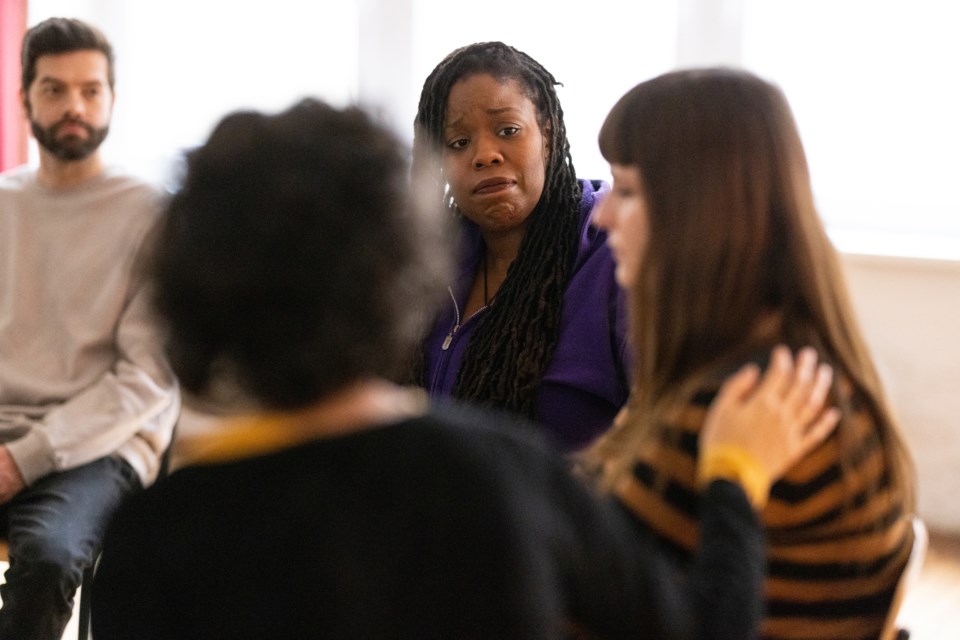The provincial government should provide accessible mental health and addiction treatment, detox and recovery services, overdose prevention sites and access to safe supply and drug testing, Union of BC Municipalities (UBCM) delegates voted Sept. 20.
The resolution put forward at the UBCM’s convention in Vancouver said local governments recognize the urgent need to address the opioid crisis, and support decriminalization as one of the tools to tackle B.C.’s toxic drug health emergency.
The resolution, which argued resources to deal with the crisis are lacking and need bolstering, passed without debate.
Indeed in 2021, the UBCM called on Ottawa and the provinces and territories to “declare the overdose crisis a national public health emergency and develop appropriate comprehensive, holistic Pan-Canadian overdose action plans that include the legislative and funding frameworks for decriminalization, de-stigmatization, safe supply, suitable medical treatments and thereby function to holistically address the opioid crisis, mental health issues and their connections to homelessness and overdose deaths in local governments across Canada.”
That didn’t happen.
The resolution said the province can quickly amend the Tobacco and Vapour Products Control Act to enable supervised consumption and other harm reduction facilities to allow inhalation or smoking of drugs where operations can otherwise be demonstrated as WorkSafeBC-compliant.
It further suggested increasing economically accessible treatment by supporting the BC Nurses’ Union 2023 convention resolution to “develop a system of mental and addiction treatment and recovery services that are regulated, evidence-based, economically and geographically accessible, and are available when people are looking for it.”
Further, it suggested increasing prevention by investing in mental health treatment and life-enhancing youth, family and community well-being programs, including early childhood detection, intervention and ongoing supports for learning differences.


